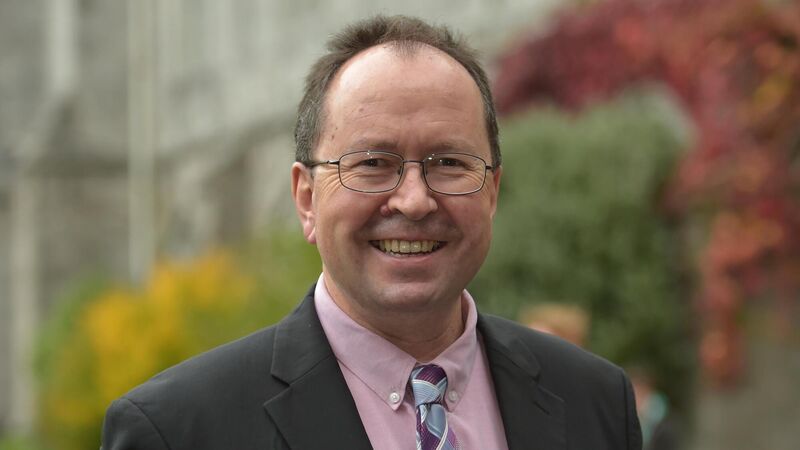'Hard and unpopular decisions' needed after stark UN climate report

Brian O'Gallachoir, Professor of Energy Engineering at UCC. Picture: Dan Linehan
A major UN-backed report on global climate change should provide the impetus for flood defences in Cork and Dublin to get over the line, as well as a strategy for protecting thousands in Irish coastal communities, according to one of the country’s leading experts on climate action.
Brian Ó Gallachóir, professor of energy engineering at UCC and director at the MaREI centre for energy, climate, and marine research was reacting to the Intergovernmental Panel on Climate Change’s (IPCC) findings that some changes across the world brought about by global warming were now irreversible, and that there was just a short window of time to avoid the most catastrophic fallout.
CLIMATE & SUSTAINABILITY HUB













